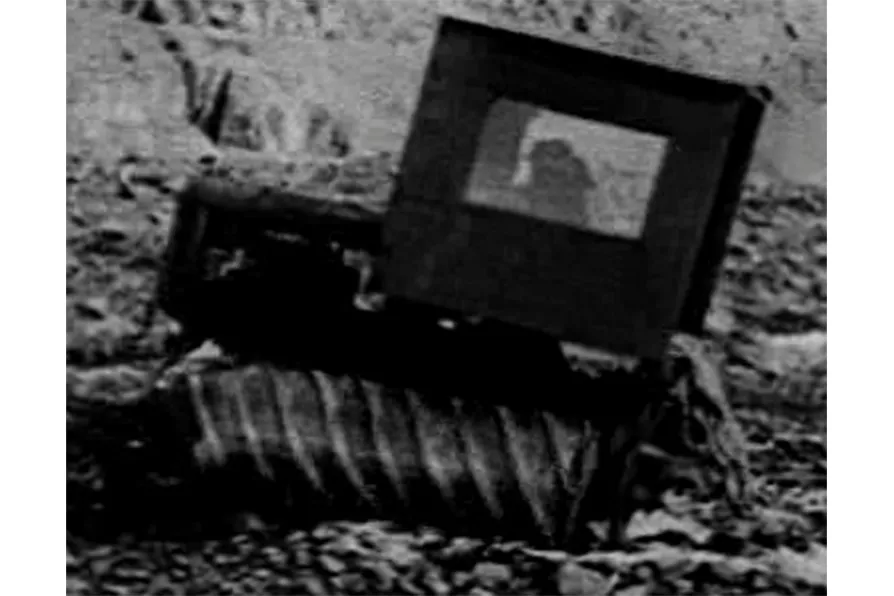As the RMT Health and Safety Conference takes place, the union is calling for urgent action on crisis of work-related stress, understaffing and the growing threat of workplace assaults. RMT leader EDDIE DEMPSEY explains

 The ice-based building material ‘pykrete’ narrowly missed deployment in WWII, though both have a fanbase in the modern scientific community
[Office of Stategic Services/ Creative Commons]
The ice-based building material ‘pykrete’ narrowly missed deployment in WWII, though both have a fanbase in the modern scientific community
[Office of Stategic Services/ Creative Commons]
ON February 23 1948, the inventor Geoffrey Pyke was reported dead at his home in Hampstead by his landlady. He had clearly committed suicide, aged 54, though no-one was precisely sure why.
It was a tragic end to a life which had contained a great deal of achievement — and a great deal of pain. Obituaries noted his almost unparalleled importance as a thinker (“one of the greatest geniuses of his time”), his lack of public recognition and his eccentricity.
At the start of the first world war, Pyke had come up with the brilliant idea of becoming an undercover journalist for a British newspaper — in Berlin. At that time, the British secret service had failed to insert any of its agents into Germany, and Pyke didn’t speak German, so the odds weren’t really on his side. In October 1914, despite his forged US passport, he was arrested within a few days.

MAT COWARD tells the story of the eccentric founder of a short-lived but striking experiment in ‘vital democracy,’ who became best known for giving away his estate to the nation

‘Honest’ Tom Wharton’s 1682 drunken rampage through St Mary’s church haunted his political career, but his satirical song Lillibullero helped topple Catholic James II during the Glorious Revolution, writes MAT COWARD

MAT COWARD tells the extraordinary story of the second world war Spitfire pilot who became Britain’s most famous Stalag escaper, was awarded an MBE, mentored a generation of radio writers and co-founded a hardline Marxist-Leninist party











